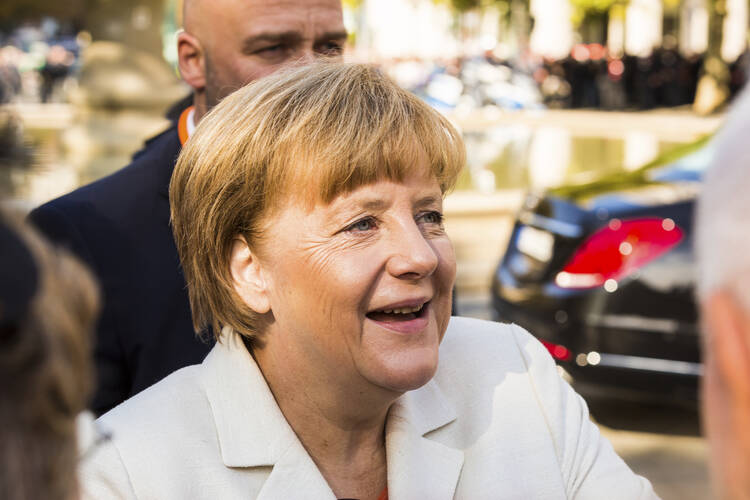Angela Merkel is currently the longest-serving European head of government, having been Germany’s chancellor since 2005. If the results of recent local elections are any indication, her days in office could be numbered.
The results in Mecklenburg-Vorpommern, the chancellor’s home state, do not bode well for Ms. Merkel’s party. In the voting on Sept. 4, the center-left Social Democrats polled first with 31 percent; and the anti-immigrant party, Alternative for Germany, polled second, with 21 percent, leaving Ms. Merkel’s center-right Christian Democrats a distant third, with 19 percent. Her migration policies were probably a factor in the outcome. How Ms. Merkel has dealt with this issue will not only affect her politically in the short term but may well define her record and legacy as the first female leader of modern Germany.
Migrants and migration have bedeviled every European leader since a refugee crisis exploded in 2015. That year, a record 1.3 million people from the Middle East, Africa and Asia applied for asylum in Europe, seeking refuge from violence, poverty and oppression. Most notable has been the number of Muslims trying to escape the protracted civil war in Syria. By accepting large numbers of migrants into Germany, Ms. Merkel offered a humane response to an unprecedented crisis—with mixed results. Problems of assimilation, fearmongering and voter dissatisfaction have proven to be stubborn roadblocks, all of which have exacted a political price for Ms. Merkel. Like any leader, she knows how hard it is for officials to faithfully follow Edmund Burke’s dictum about adhering to one’s judgment instead of following popular “opinion.” To do right is never easy.








